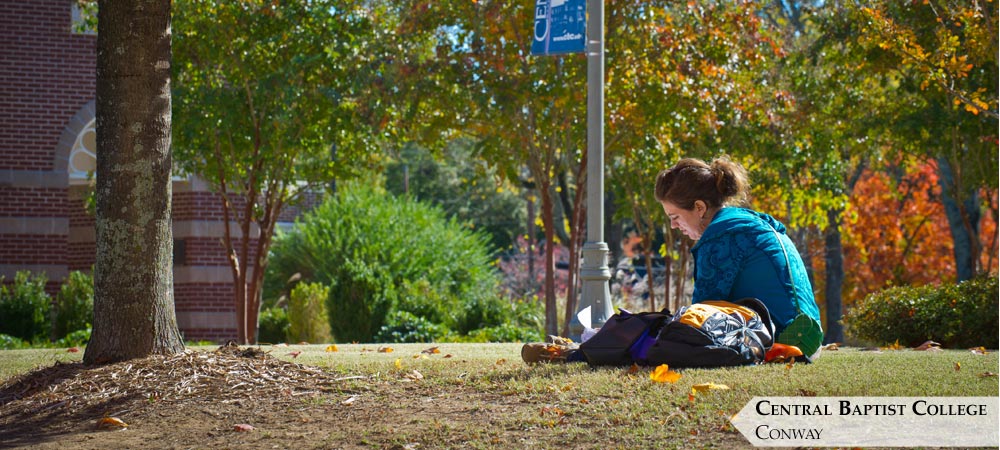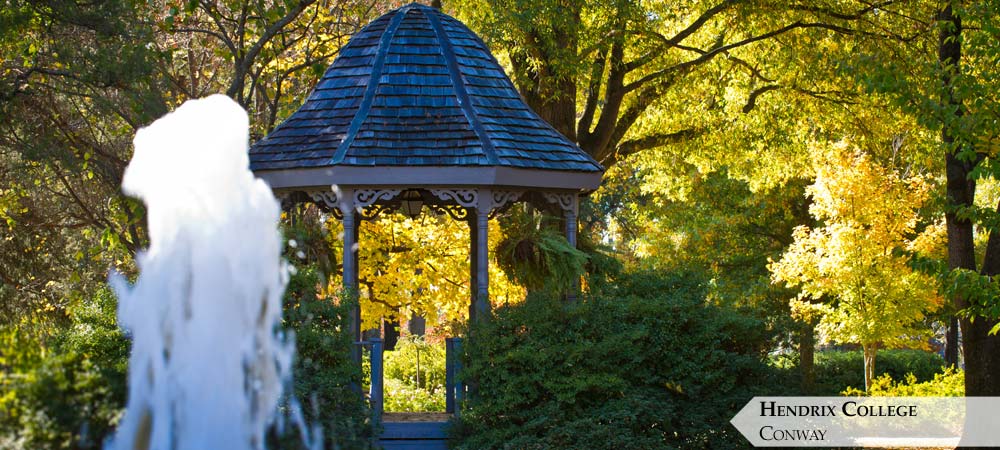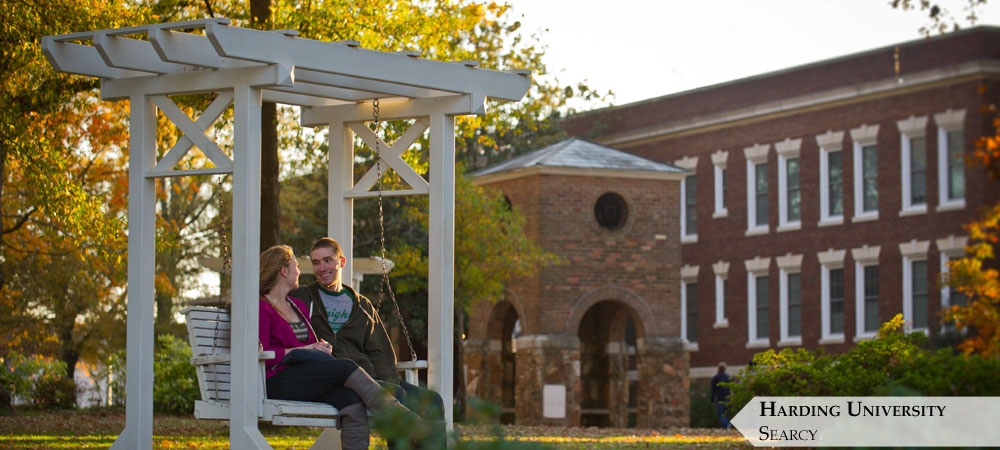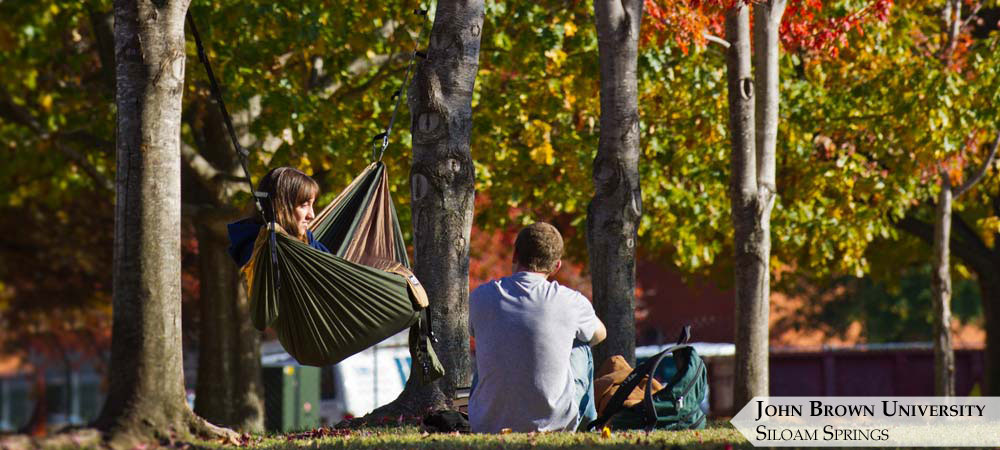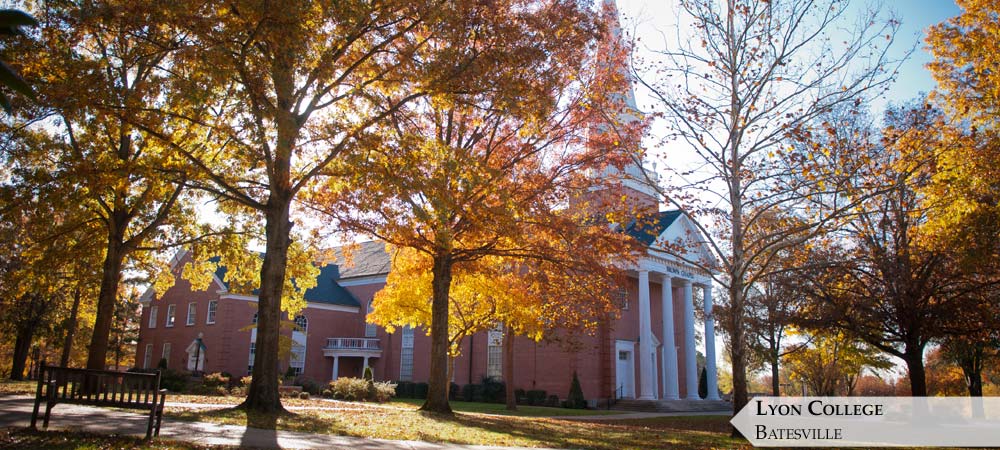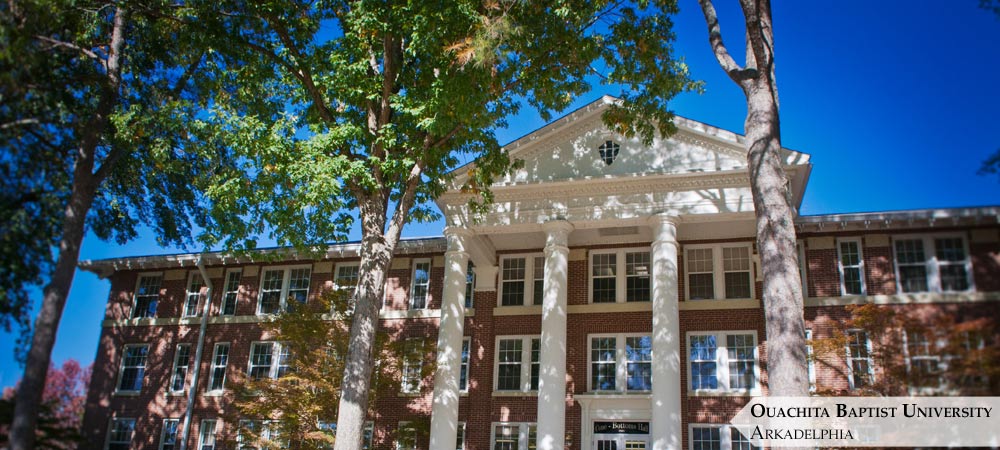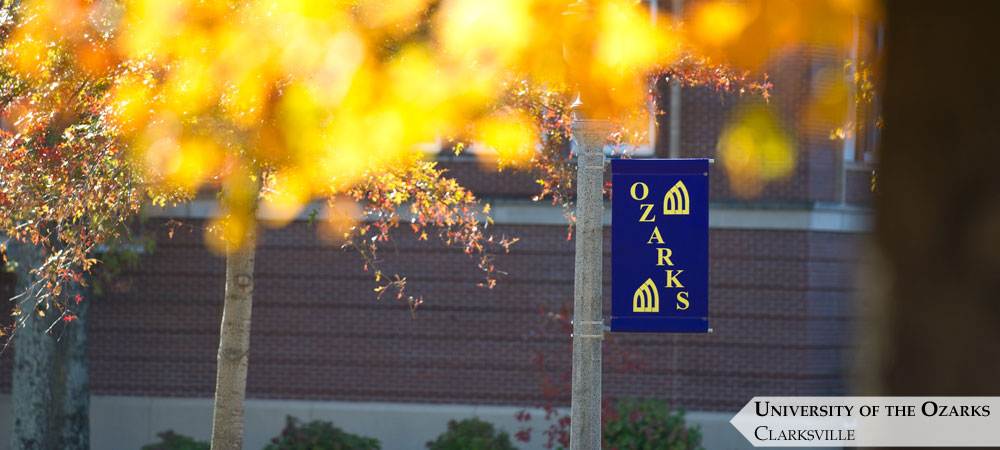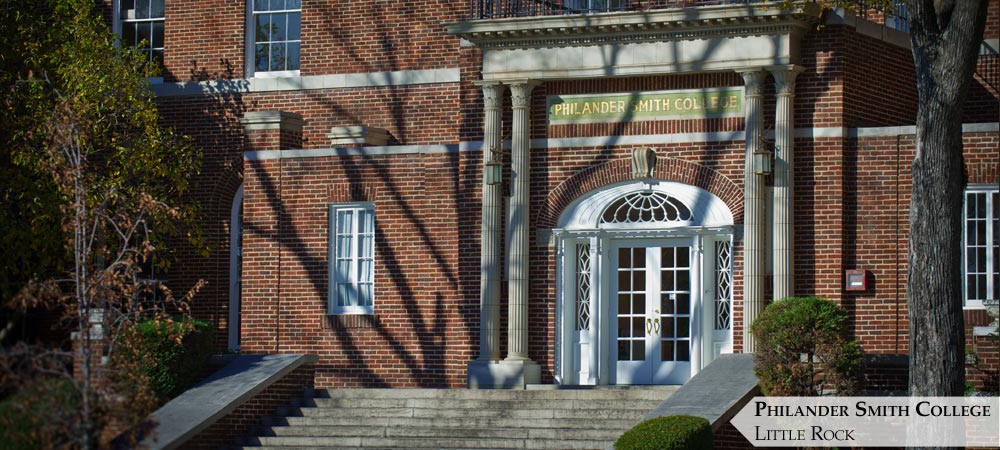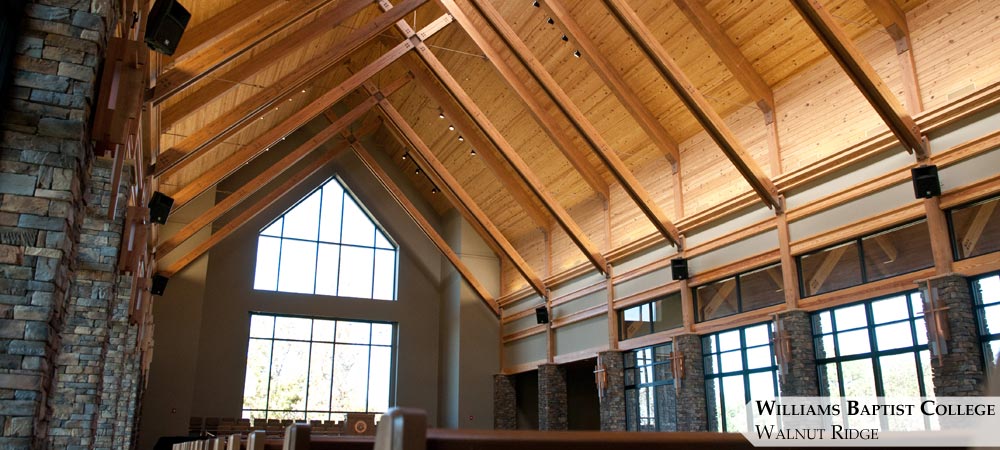Lyon College has approved the addition of a communications studies major.
The new field of study will be a broad-based major that prepares students for a variety of careers in journalism, business, public relations, marketing, news broadcasting, public administration, politics and more.
Provost Melissa Taverner said communications studies will build off of the College’s journalism concentration to offer a curriculum that also includes theories of persuasion and mass communication and explores the role of technology and social media in communication.
The College will not be removing the journalism concentration from its course catalogue, only placing it under a new umbrella.
“We wanted to make sure Lyon had a solid academic major as a springboard,” Taverner said, “with internships and experiences that students could use to begin figuring out what part of communications they like.”
After consulting with the language and literature faculty, the College opted to go with a communications studies major because it would be much broader in scope than a communications major and would have applications in a variety of fields.
Nearly every company needs a communications department in the digital age, Taverner said, and what all areas of communication have in common is an interest in determining the best ways to share information between people.
“Being able to understand the mechanisms and effective ways people can communicate information, whatever the context, is going to be a really powerful skill to have in the current job market.”
Taverner said Lyon will begin the search for a tenure track founding faculty member for the communications studies program this year. The goal is for the new faculty member to start teaching in August 2022.
However, she said students can declare a communications studies major as early as this fall.
“It will be in the academic catalogue this year,” Taverner said. “The major is supported by courses that already exist in English, psychology and other departments.”
She continued, “You can get started with the core curriculum and a few of the introductory foundational courses. When the faculty member arrives, you will be ready to roll.”
The major will also include a required internship. Lyon hopes to use both the Career Center and alumni connections to secure internships where students can apply what they have learned in the classroom to real world experiences.
One of the biggest advantages of the communications studies major, Taverner said, is its practicality. Communications jobs are on the upswing for the next five years, and, based on the National Association of Colleges and Employers Salary Survey for Winter 2020, the average national salary for communications positions is around $50,000.
“You don’t have to be in New York or Chicago either,” Taverner said. “You can be virtually anywhere and find opportunities to actually do these jobs.”
She concluded, “Everyone will need these skills. If you’re trained and bring in the experience on your resume, you will have a leg up.”

